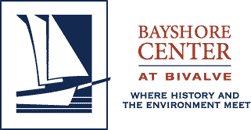What is Science on the Bayshore?
Science on the Bayshore is an educational series focused on providing families with hands-on, educational programming. Each workshop is 45 minutes long, and there are 2 workshops each day. We rotate workshops each week to make it easier to meet your schedule.
